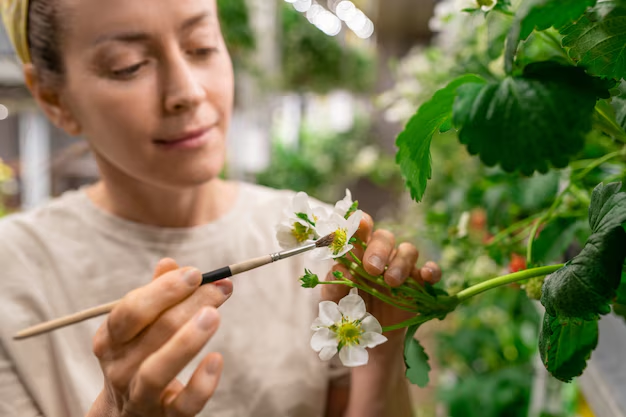How to Become a Herbologist: Degrees, Certifications, and Licenses
Embarking on a career as a herbologist opens the door to a fascinating world of plants and natural healing. While there is no single path to becoming a herbologist, several educational and certification routes can significantly enhance your expertise and career prospects in this field. A foundation in the life sciences is beneficial, with a bachelor's degree in botany, biology, or horticulture often recommended. These degrees provide essential knowledge about plant biology, ecology, and conservation that are crucial for any aspiring herbologist.
Beyond a degree, pursuing specialized certifications can further establish your credibility and deepen your understanding of herbal medicine. Programs like the American Herbalists Guild Registered Herbalist credential or a certificate in botanical medicine can be invaluable. Moreover, a license may not be mandatory everywhere, but in regions where it's required, a certification serves as a testament to your commitment and competence in the practice of herbology. Ultimately, the blend of academic knowledge with practical experience becomes the bedrock of a successful career in this intriguing and evolving field.
Relevant Degrees, Certifications, and Licenses:
- 🎓 Bachelor's Degree in Botany, Biology, or Horticulture
- 📜 American Herbalists Guild Registered Herbalist Credential
- 🌿 Certificate in Botanical Medicine
- 🏆 Holistic Health Practitioner Certification
- 🎓 Advanced Diploma in Herbal Studies
